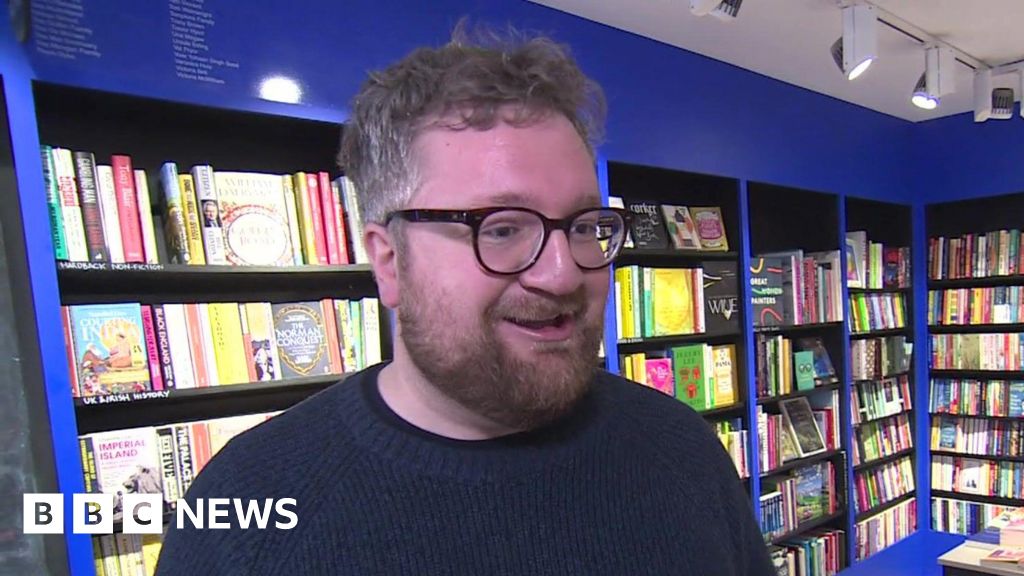
 Getty Images
Getty Images
Rachel Reeves' Budget is "very, very different" to the Liz Truss mini-Budget of two years ago, according to a senior government minister.
Chief Secretary to the Treasury Darren Jones's comments were designed to reassure markets following a rise in the cost of government borrowing in the wake of Wednesday's Budget.
The amount the government has to pay lenders has risen after the chancellor announced a big increase in government borrowing to finance spending projects, sparking fears it may need to raise even more money.
Jones told the BBC it had put in place new rules to make sure spending on public services was paid for by tax receipts "not borrowing every single month".
He said investors always reacted to Budgets because they "present a whole load of new information".
"We've all got a a bit of anxiety from what happened when Liz Truss was in government.
"We've got strong fiscal rules in place so that day-to-day spending on public services is paid for by tax receipts, not borrowing every single month, which is what the last government did and we've got a strong investment rule that means that while we're investing in the country, debt is falling as a share of the size of the economy."
The interest rate – the so-called yield – the government has to pay lenders when it borrows money from them over a 10-year period, climbed to its highest level for a year on Thursday before falling back on Friday.
This matters because not only does it mean the government will have to pay more to borrow, but bond yields are also used as a guide for setting the rates on everyday loans and mortgages.
The jump in how much the government has to pay to borrow is a signal that investors regard lending it money as being a bigger risk.
On Thursday, Sir Keir Starmer's spokesperson said there had been reaction from "bodies such as the IMF welcoming [the government's] approach".
There has also been a wider rise in borrowing costs over the past month, but that has been a global movement led by the US, he adds.
In the Budget, Reeves announced nearly £70bn of extra spending a year, funded by tax increases for business and extra borrowing.
Susannah Streeter, head of money and markets at Hargreaves Lansdown, said the investor reaction had also been sparked by an expecation that interest rate cuts would now be scaled back, given forecasts that the Budget could push up inflation over the next two years.
"Financial markets are now not expecting rates to fall below 4% until 2026," she said.

 Movie
Movie 2 months ago
25
2 months ago
25 





![Presidents Day Weekend Car Sales [2021 Edition] Presidents Day Weekend Car Sales [2021 Edition]](https://www.findthebestcarprice.com/wp-content/uploads/Presidents-Day-Weekend-car-sales.jpg)



 English (United States)
English (United States)